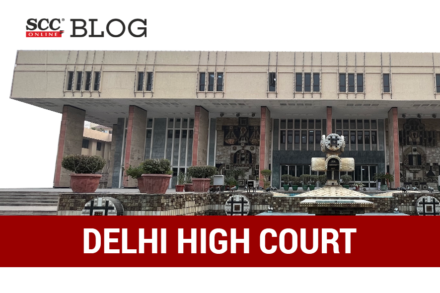
Delhi HC directs Directorate of Education to issue notices/circulars related to admission under EWS category in Hindi to prevent non-compliance due to language barriers
‘The dual-language approach will help in preventing future instances of non-compliance due to language barriers and ensure that the rights and opportunities are accessible to all citizens, especially those from disadvantaged backgrounds.’




